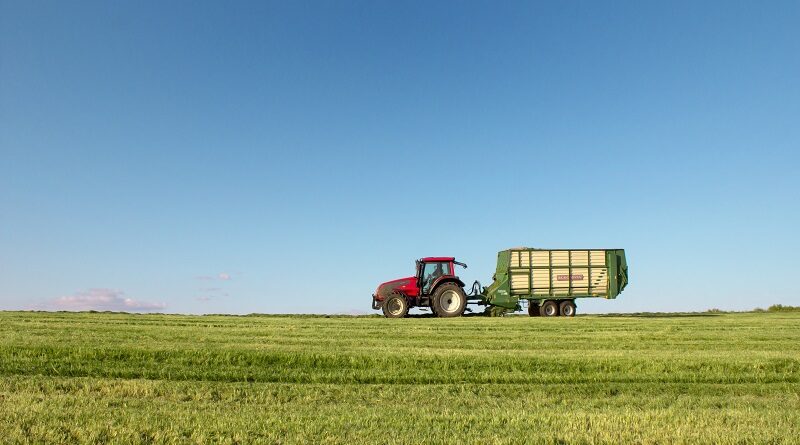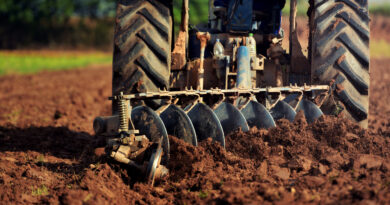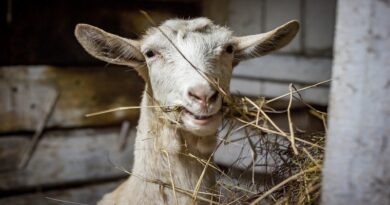Postgraduate courses in Agriculture
Agriculture is a very broad area and covers many topics.
If you have an interest in working in the industry, you can tailor your course choice to an area of your interest as there are so many available.
As it is such a large area, it is hard to cover all aspects of courses and areas you can look into but the examples below might give you an idea about what exactly you’d like to do.
What is an agriculture course?
Agriculture covers a very broad range of topics from crops and horticulture to farm and farm operations to nutrition and livestock. Agriculture is the science or practice of farming and cultivating plants and livestock.
Courses
Agriculture has a huge range of courses to choose from which makes it easier for students to pick a postgraduate degree in their specific area of interest. Each course can be found online on course overviews or university websites. As there are a large number of courses available to students, it is impossible to list them all, however, here are a few examples:
Agriculture
These courses over a multitude a they are a more general course than tailored to a specific area. They can cover topics such as crop science, soil science, ecological agriculture and agricultural water management. Such courses will give students a general understanding of the key factors of the industry.
Agricultural Technology and Innovation
Courses in Agricultural Technology and Innovation explore the high levels of technical innovation that is being applied to agriculture and horticulture today.Students will learn about data processing, advances in horticulture as well as the real world problems facing the industry.
Sustainable Food and Agriculture Policy
Courses like these allow students to gain a deeper understanding of the sector and the challenges it faces in a time of great demand for solutions to sustain the flow of high quality food with increasing demands for traceability and provenance.
Other courses available include: Food Science and Technology, Agroforestry and Food Security, Agroecology, Agriculture for Sustainable Development, Agricultural Economics, Plant genetics and Crop Improvement. This is just a small selection of courses on offer. Many more can be found online or through Universities.
Entry Requirements
Entry requirements for most courses may differ. Most courses will require a first class or second class honours degree in Agricultural Science or a related field.
Some courses may require a minimum of a 2.1 honours degree while others may require a minimum of a 2.2 honours degree. Specific entry requirements can be found on course overviews or university websites and are important to research individually.
Job options
Some examples of jobs in the agriculture industry are:
- Farmer
- Farm manager
- Agriculture consultant
- Plant breeder
- Horticulturist
- Environmental engineer
- Wildlife biologist
- Food scientist
- Agricultural engineer
Typical employers
- Farm managers
- Agriculture Machinery firms
- Agriculture consultancies
- Agri-pharmaceutical consultancies
- Agricultural journalism
Top areas specialized in
- Forestry
- Plant breeding
- Agriculture genetics
- Agriculture microbiology
- Soil science
Salary Expectation
There are many different jobs you can gain through agriculture so salary is greatly dependent on what route you decide to take. The average yearly salary of a farm worker in the UK is £26,000 while the average wage of a farm manager is £33,000.
Skills and Requirements
- An interest in agriculture
- Interpersonal skills
- Adaptability
- Organised
- Good time management skills
- Business savvy
- Analytical skills
- Critical thinker
- Strong communicator




